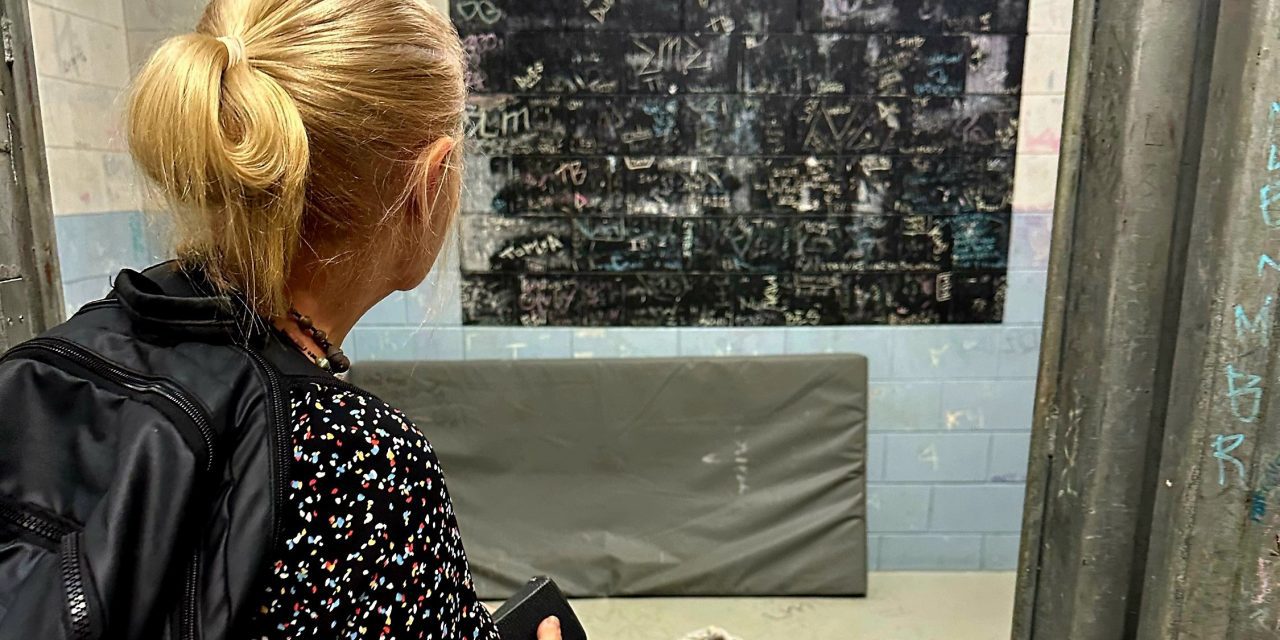In response to previous advocacy from Sandy and others, the Queensland Government has announced an expanded, intensive ‘On Country’ Program trial for First Nations young people in contact with the youth justice system. The following information has been provided by the Premier’s office:
The Queensland Government is seeking expressions from of Interest from First Nations organisations, to deliver a new Intensive On Country trial program, for young Queenslanders engaged with the youth justice system.
The Intensive On Country trial will provide a cultural and residential experience that expands on the current On Country program, which began in 2020.
The Intensive On Country program will build on learnings from the current On Country initiative, including:
- An intensive cultural and residential experience for longer periods and/or more often
- education and training opportunities
- family support, including support to improve protective factors and reduce risk factors
- and in-home family support, to ensure parents and carers meet the daily living needs of young people and improve safety conditions
Intensive On Country will provide young people an opportunity to reflect on their offending behaviour through cultural interventions while on country.
As young people return to their homes the new initiative will support reconnection with education, family/kin, and employment opportunities.
It will also deliver a wider range of wrap around supports to young people and their families, to deal with mental and physical health, substance misuse, relationship with social media.
Young people will also be coached in practical life skills like cooking, cleaning, budgeting, getting bank accounts and identification, as well as accessing accommodation, providing them with the skills needed to break the cycle of offending.
A mandatory requirement of the procurement process for the new program will be that the service is delivered by, or in partnership with, an Aboriginal and/or Torres Strait Islander community-controlled organisation.
The On Country program, designed and delivered by Aboriginal and Torres Strait Islander community-controlled organisations, involves On Country camps, cultural activities, mentoring, and intensive case work support.
- Early data indicates young people who participated in an On Country program, compared with those who did not, were less likely to reoffend 6 months after program completion (58 per cent compared with 64 per cent).
- This was still the case 12 months after completion of the program (66 per cent compared with 73 per cent).
- A significant improvement in behaviour, emotional regulation, effective communication, managing conflict, and family circumstances were also noted among program participants.
As mentioned in the information above, expressions of interest are open until 12 March for organisations and individuals that can provide property or a program that includes education, employment, training or other support to deliver the trial. Further on this is available at https://desbt.qld.gov.au/youth-justice/aboriginal-torres-strait-islander/on-country.
Sandy’s advocacy and support for this commenced in 2021 including in a speech on a Youth Justice Bill in April 2021 and further in Parliamentary speeches in March, April and May Last year. Sandy was only 1 of 5 MPs last year to support this extra option for the courts.
Advocacy will continue including that this trial be expanded to non-indigenous youth offenders, especially as 80% of Noosa Electorate Residents who responded to our annual Noosa MP Community Survey supported “sentencing repeat youth offenders to remote rehabilitation/work/education facilities and programs.”
Youth Justice Reform Select Committee
This month Sandy has chaired many instrumental meetings, public hearings and site visits to watch houses and detention centres across parts of regional Queensland. This has provided vital insight to her Youth Justice Reform Committee, especially in relation to serious repeat offenders. As one witness said, there is no one ‘silver bullet’, it will take silver ‘buckshot’ to reduce this recidivism and its contributors of households impacted by alcoholism, domestic violence and mental illness, school absenteeism, lack of access to mental and physical health services, as well pathways when exiting detention.
Also consistent in submissions and hearings has been issues around securing and retaining staff in the regions and that solutions need to be ‘community led’ and ‘place based’.
With submissions still open in response to the identified 7 priority areas so far, and a number of further public hearings scheduled, Sandy’s aim is to have an interim report and recommendations completed by the end of March.
To make a submission, please head to www.parliament.qld.gov.au/youthjustice until 10am on Friday, 1 March 2024. You can also view previous issue papers and submissions, as well upcoming hearings and more on the above link.
To subscribe to updates from this committee or any others, please visit www.parliament.qld.gov.au/Visit-and-learn/Have-Your-Say/Subscribe
Further information
To view our previous Noosa 360 updates on Crime/ Youth Recidivism, please visit www.sandybolton.com/?s=Crime
For information on Policing in the Noosa State Electorate, please visit our Noosa 360 at www.sandybolton.com/policing-in-noosa-july-2023

